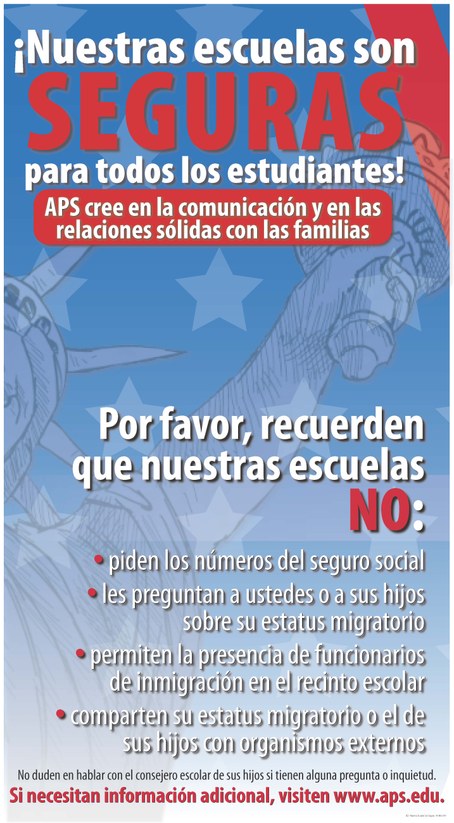

Therefore, most likely, they will try to offer you any help in return for a monetary reward. Tourists are rare here and attract the attention of residents. In Spanish Town, the collective crimes of an industrial town are common – robbery, theft of things, hacking, and car theft. You are unlikely to find a decent hotel where you can stay here.Īt the same time, the city is not particularly safe for walking and nighttime pastimes. Spanish Town cannot boast of tourist attraction. At night it is better to use a taxi to get around.

sauf, adj.Women traveling alone can be safe here if they follow increased measures of care: do not walk around the city late at night, do not sit in bars, do not attract the unwanted attention of local men with their clothes or behavior.This entry has been updated (OED Third Edition, September 2011 most recently modified version published online December 2022). The zero grade of classical Latin salvus is also seen in classical Latin salūt-, salūs health.) (The same base without the suffix is seen in Old Latin sollus whole. (Show Less)Įtymology: < Anglo-Norman salf, Anglo-Norman and Old French, Middle French sauf, Old French saf, salv, Middle French saulf, sauff (feminine Anglo-Norman and Old French salve, save, Anglo-Norman and Old French, Middle French sauve, Middle French saulve, sauffve French sauf (feminine sauve )) saved, who has attained eternal salvation (end of the 10th cent.), intact, unharmed (1130–40), in good health (1155), (of a place) secure, not dangerous (13th cent.) < classical Latin salvus (of persons) secure, unharmed, unimpaired in health, still alive or existing, immune from punishment, (of a country) secure, unharmed, (of circumstances) in a good or sound state, well, (of things) intact, undamaged, surviving, extant, still holding good, in post-classical Latin also saved (in a Christian sense) (Vulgate), possessing rights of sanctuary (10th cent.) < the same Indo-European base (though with different vocalism) as ancient Greek ὅλος (Ionic οὖλος ) whole, Sanskrit sarva all, whole. Middle English–1500s salue, Middle English–1500s saulf, Middle English–1600s salf, Middle English–1600s salfe, Middle English–1600s salve, late Middle English self (perhaps transmission error), 1500s–1600s salffe, 1500s–1600s saulfe Scottish pre-1700 salf, pre-1700 salfe, pre-1700 salue, pre-1700 salve, pre-1700 saulf, pre-1700 saulfe, pre-1700 saulff. Middle English saafe, Middle English saaff, Middle English saff, Middle English saue, Middle English–1500s saaf, Middle English–1500s saf, Middle English–1500s save, Middle English–1600s saffe, Middle English– safe, late Middle English saak (transmission error), late Middle English seyue English regional 1800s saaf ( Yorkshire), 1800s saf ( Devon), 1800s sef ( Lancashire), 1800s syaf ( north-eastern), 1800s– saafe ( Lincolnshire), 1800s– seaf ( northern), 1800s– seaff ( northern), 1800s– seeaf ( Yorkshire), 1800s– zaff ( Devon) Scottish pre-1700 saaf, pre-1700 saf, pre-1700 saff, pre-1700 saffe, pre-1700 saue, pre-1700 save, pre-1700 sawe, pre-1700 seaff, pre-1700 1700s– safe.

Middle English saauf, Middle English sauff, Middle English sauue, Middle English sawf, Middle English sowfe, Middle English–1500s sauf, Middle English–1500s saufe, Middle English–1500s sauffe Scottish pre-1700 saufe, pre-1700 sauff, pre-1700 sauffe, pre-1700 sauve, pre-1700 sawf, pre-1700 sawff, pre-1700 sawffe, pre-1700 1900s– sauf.


 0 kommentar(er)
0 kommentar(er)
